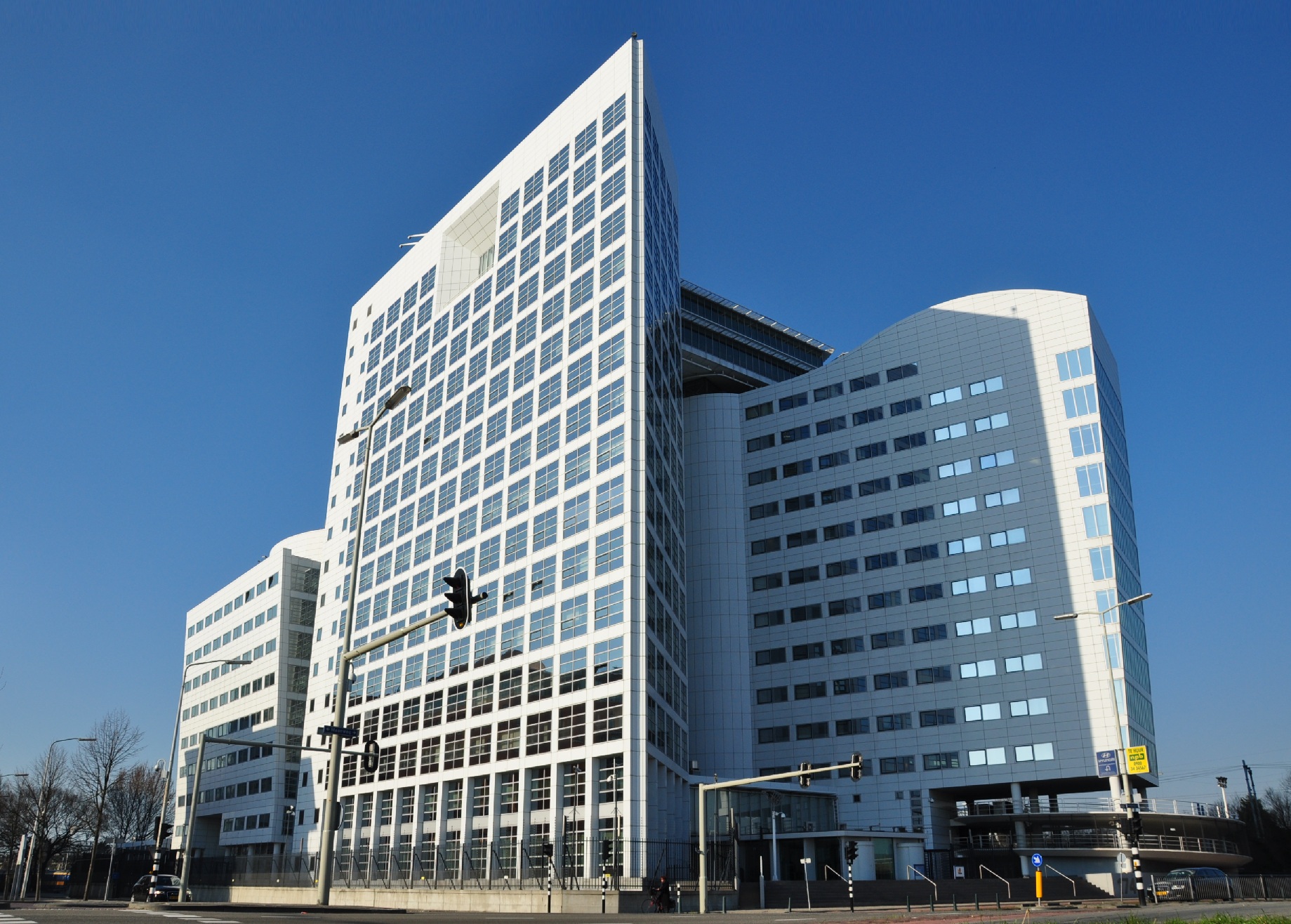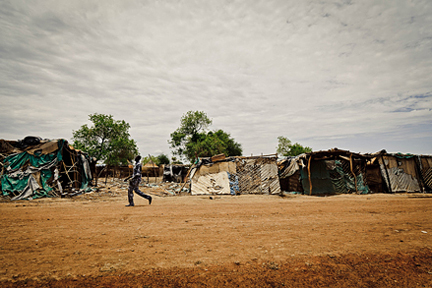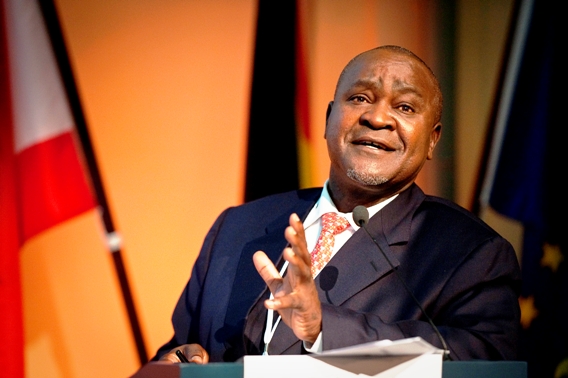While some of us have rejected the International Criminal Court in favor of domestic or regional options, we acknowledge the reality that international justice when properly conceived and implemented as a place in the affairs of countries were war crimes and so-called crimes against humanity are committed. I was an early objector to the ICC’s role in Uganda, even opposing the referral of Joseph Kony to The Hague on two grounds. One was practical.
That while Kony’s crimes may be horrible, ending his menace to society, was not beyond the capability of the Ugandan government and regional governments. Bringing him to justice in this sense was likewise not far behind.
The second was that recourse to external solutions today was not unlike the “Dutch disease”. In almost every important context problems in African countries tended to be externalized, holding at bay or procrastinating domestic alternatives. International justice, like foreign aid, had the potential to displace local institutions not complement them as supporters of the court and framers of the Rome Statute had hoped.
The common ground that is shared between those who support the court and who oppose it, like me, is that ultimately politics, would determine how the Court would convince us of our rightness or wrongness. The politics of the court has shown one thing today. Firstly that in its dealings with individual countries, the court is compromised, because its cases require the corperation of states, where these governments themselves may be complicit in the crimes being determined and secondly, that in leveraging the power of powerful states, including Western countries, the Court is enmeshed in the currents of international politics and not necessarily “international justice”.
It’s made the ICC a wild card in Africa.
Not surprisingly, the ICC in Africa, where it has all its main cases, has sadly been unable to rise above the traditional problem of Africa’s unequal political relationship with the rest of the world. It sought and found victims which is easy but has been a miserable failure in addressing the conditions that produce these victims. I have discussed this in an article for the SAIS review here.
So rather perplexingly my inbox has been filled since the ICC Review Conference in Kampala with emails from NGO advocates on both sides of the issue lately concerned with who will replace ICC Prosecutor Moreno Ocampo.
Their compliant is that powerful states like the European Union and the United States, are rejecting the potential good African in that position begging the question, would Africanising the ICC make it better for Africa? Maybe.
Would it help focus the Court, giving the holder of the office (favored is Gambian Deputy Prosecutor Fatou Bensouda) influence within Africa, having to dispose of the courts mainly African cases, and maybe a shot at repositioning the court globally? It’s possible.
The African Union in January resolved to push jointly for Ms Bensouda so we know where it stands. Africa incidentally has the most members to the Court and if they stood together Bensouda will likely win
My problem is that Africans and African NGO’s are still playing catch up to a fundamental problem with this Court.
As a creature of international politics, the court plays in a field where Africans are still second hand citizens. The latest project of the Court seeking to prosecute Libyan Leader Muamur Gadaffi is a cynical reminder of this. AU states have called for a ceasefire in Libya. They have been ignored. International justice in Libya has come ahead of any justifiable use of legitimate force.
A rushed UN resolution paved the pace for a war that is targeted primarily at regime change. NATO and its allies, it has become obvious used the UN to push that agenda and have interpreted that mandate as widely as possible. President Barack Obama will probably go into re-election facing criticism for overstepping his legal authority to make war at home (he is incidentally a Nobel Prize winner for peace).
Justice is the language of the politics of intervention, an alibi, a ruse, and Trojan horse in the game of international politics.
Now apparently Western NGO’s , which are to African NGO’s what powerful countries are to weak African states, are saying that local affiliates should oppose blanket support for an African ICC prosecutor because it would set a bad precedent. Naturally some people are pissed and argue another old peev; double standards.
The irony, they say, is that its Ok for no one to really question the right of the EU to claim the top job at the IMF for one of its own while African NGO’s are being told the same standard can’t apply to their own desires.
Prior to the ICC Review Conference African NGO’s found themselves arguing for the expansion of the ICC’s mandate over certain crimes including the crime of aggression and war crimes to the Opposition of the countries who today aggress without much opposition- even where it transgresses domestic laws as in the US War Powers Act and international consensus in the case of Libya and the UN Resolution 1973.
I am not convinced that an African prosecutor in Bensouda is a bad thing but neither am I convinced that the push for her election would fundamentally alter anything significant about the courts main business; international justice.
In any event this whole affair seems very much like officialdom in the NGO universe where top jobs often attract internal ruckus and less about the core question of how or if just outcomes can be expected from the international system where imbalances in power continue along traditional lines.
My own position is that as Africans we could do ourselves a favor and look more inward. This international game is only useful were your actions are directly related to your goals. There is a whole back-story dating back to the advent of the nation state in Africa that suggests simply it was always time to tend to your house first. Africans are overinvested in an international system that does not necessarily fit their goals be it sovereignty (another debate) or other assets. In fact the international system acts as a huge distraction, like this debate on who should be the next Prosecutor, a distraction that governments have used to white wash local crimes and which NGO’s are using in their jostling over jobs and budget










